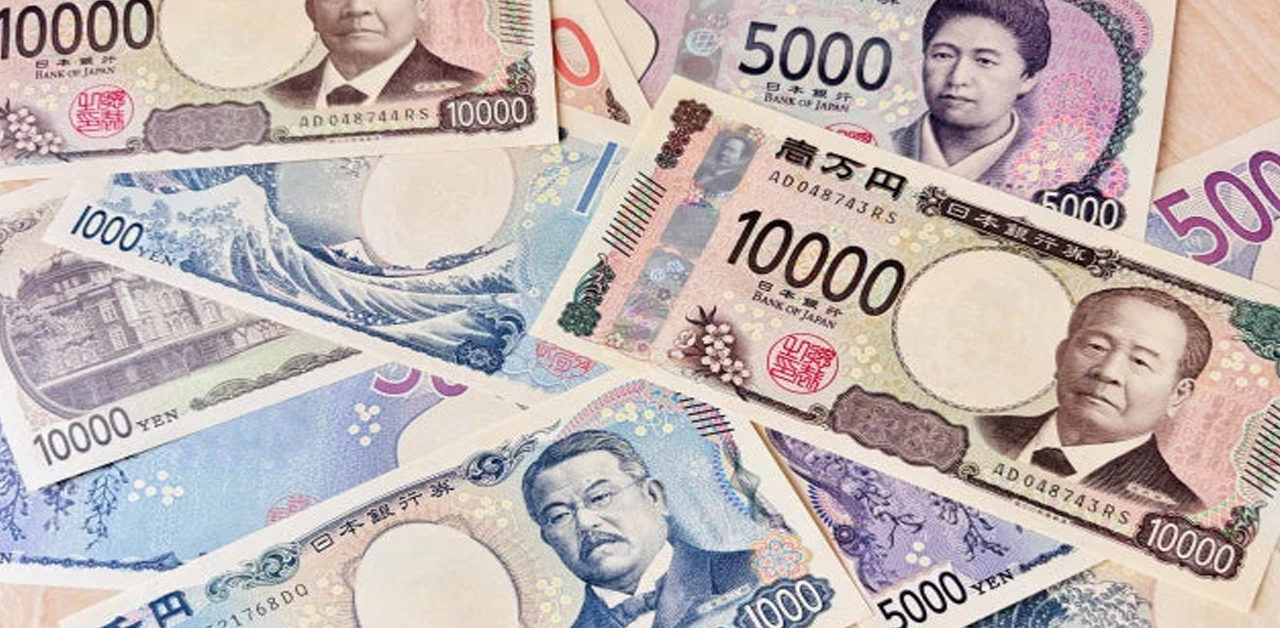WTI Crude Oil Rises to $73.50 Amid Middle-East Tensions and Potential Supply Disruption
West Texas Intermediate (WTI) crude oil continues its upward trend for the fourth consecutive day, trading near $73.50 per barrel during Friday’s Asian session. The rise in oil prices is primarily driven by escalating geopolitical tensions in the Middle East, raising concerns about potential disruptions in oil supply from a region that accounts for approximately one-third of global crude production.
US President Joe Biden revealed that the US is in discussions with Israel regarding possible strikes on Iran’s oil infrastructure, as tensions mount following Iran’s missile attack on Israel earlier in the week. Israeli Prime Minister Benjamin Netanyahu warned that Iran would face severe repercussions for its actions, which included firing over 180 ballistic missiles at Israel, according to a BBC report.
Despite the growing risks, OPEC+—a group that includes the Organization of the Petroleum Exporting Countries (OPEC) and allies such as Russia and Kazakhstan—has significant spare capacity to offset a potential loss of Iranian supply. However, if Iran retaliates by targeting the oil facilities of its Gulf neighbors, it could present significant challenges to global supply.
OPEC+ has been reducing oil output in recent years to support prices amid sluggish global demand. Currently, the group’s production cuts amount to 5.86 million barrels per day (bpd). Analysts estimate that Saudi Arabia has the capacity to increase production by 3 million bpd, while the United Arab Emirates (UAE) could boost output by 1.4 million bpd if necessary.
In a separate development, Libya’s National Oil Corporation and its eastern-based government announced on Thursday the reopening of oil fields and export terminals, ending a leadership dispute that had severely curtailed the country’s oil production. According to Reuters, this resolution is expected to restore a significant portion of Libya’s crude supply to the global market.












